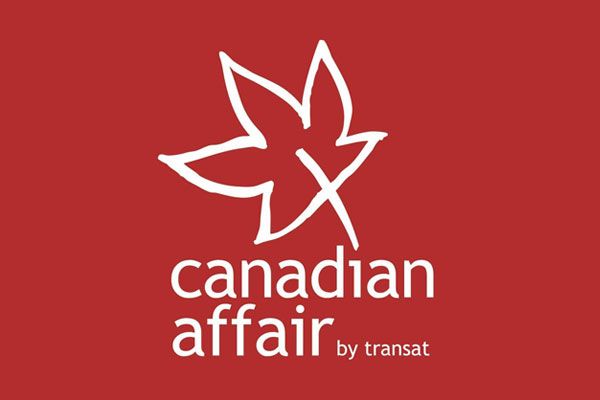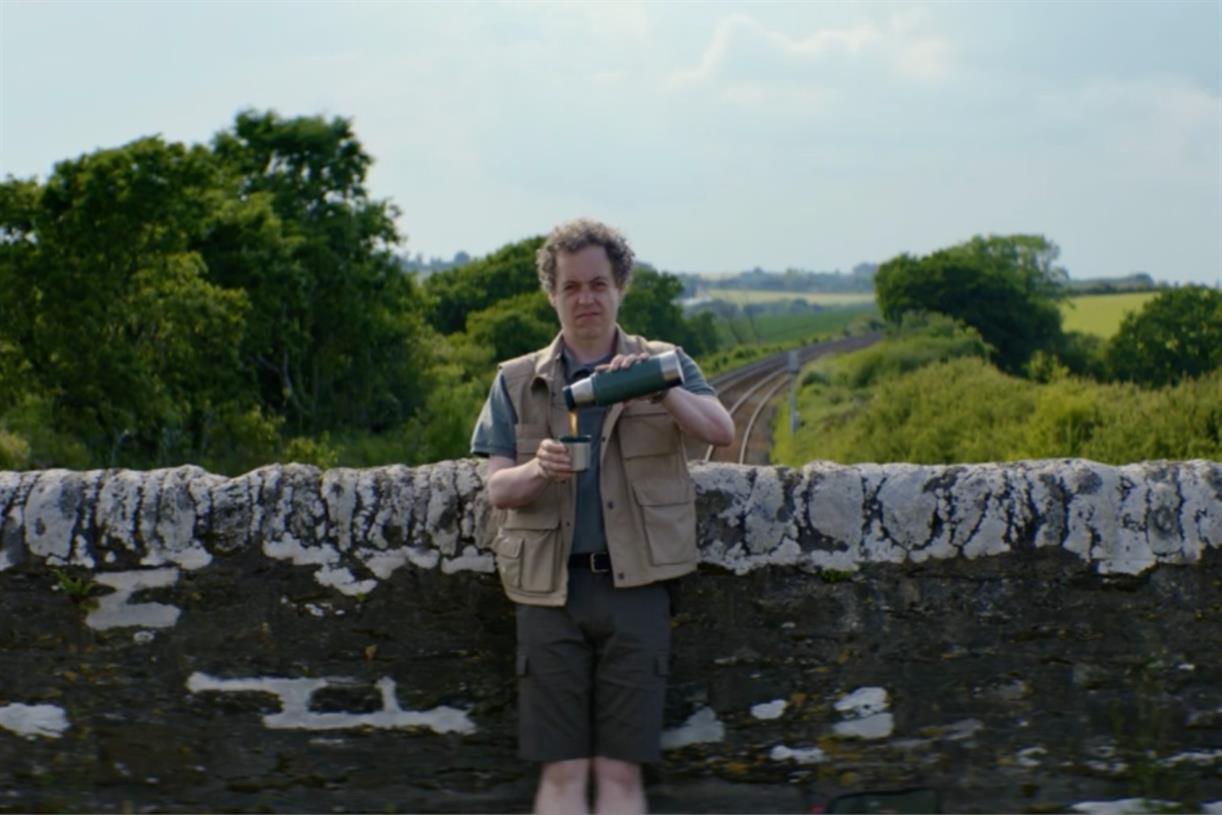Comment: Cruise is part of the solution, not the problem
Clia’s Andy Harmer says the industry will continue to grow and develop in ways that benefit the communities it visits

Andy Harmer, managing director of Clia UK and Ireland, says the industry will continue to grow and develop in ways that benefit the communities it visits
Cruise tourism is essential to the health of communities, of people, and relationships. Indeed, cruise connects people in ways that create greater understanding and appreciation for each other’s cultures, as well as better awareness of the environment—not only in destinations around the world—but along the way to those destinations.
Furthermore, cruise tourism is managed tourism. And the cruise industry is fast-becoming one of the best ways to travel responsibly because we work with destinations to manage traffic flows and educate cruise passengers to be culturally sensitive.
In a recent Travel Weekly comment piece, tourist numbers were highlighted in destinations in Europe, but it is important to put cruise tourism in context.
Cruise Lines International Association (Clia) and our member cruise lines work closely with all the destinations we visit to support tourism management needs – while also protecting the economic benefits that cruise brings to communities.
The recent protests in Spain were understandably referenced, so it’s important to highlight independent findings from Barcelona University, which estimate that only 4% of visitors to the city are cruise visitors, yet they account for more than 13% of the tourism tax revenues collected by City Hall.
It’s a similar story in Amsterdam, where cruise passengers make up just 1% of visitors and contribute 105 million Euros annually to the local economy. Since 2016 we have worked with the port and other partner organisations to deliver the solutions that will best benefit the city, including relocating the passenger terminal outside of the centre.
Quite simply, cruise tourism is responsible and managed tourism. In the cruise industry ship calls are planned and scheduled years in advance, providing the opportunities that are needed to work with local communities. It is that planned nature of cruise tourism that lies at the heart of our industry.
And we go further. For example, cruise lines operating in the Balearics, French Mediterranean, Greece and Alaska have all signed manifestos on sustainable cruise tourism with the local authorities.
In Corfu and Heraklion, we have jointly funded tourism management assessments in partnership with the Global Sustainable Tourism Council (GSTC) to maintain sustainable passenger numbers. And in Santorini and Mykonos we launched the Clia Greece Action Plan to implement a berthing system that limits the number of ships that can visit in a single day, while promoting managed growth.
These initiatives provide a framework for the future management of tourism, to ensure we continue to grow and develop in ways that benefit the communities we visit.

 Troov
Troov 
































